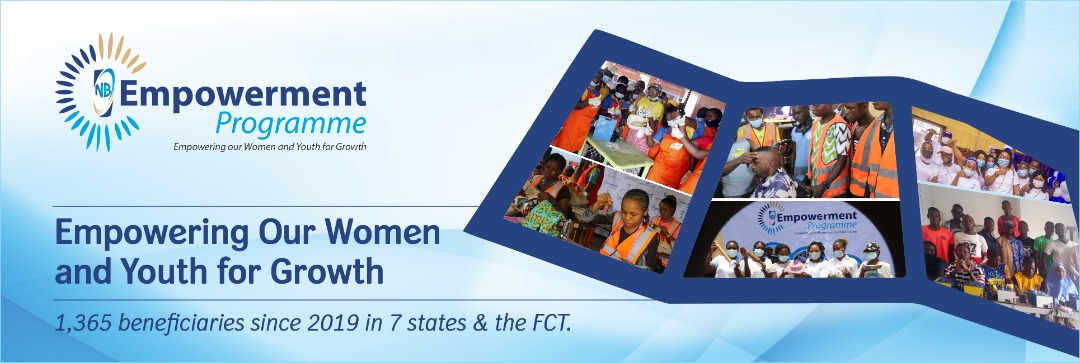The Save the Children International (SCI) says its Reaching and Empowering Adolescents to make informed Choices for their Health (REACH) programme has led to a 23 per cent reduction in the rate of married adolescent girls who were married before age 15 in three Nigerian northern states.
The REACH project targets rural and hard-to-reach communities in Gombe, Katsina and Zamfara states where rates of child, early and forced marriage (CEFM), early childbearing, low educational attainment and discriminatory social and gender norms significantly affect the ability of adolescent girls and boys to make informed decisions and to access services to protect and improve their sexual and reproductive health and rights (SRHR).
In the three states, the rate of married adolescent girls who were married before age 15 was 54 per cent before REACH started in 2018 and now has reduced the practice to 41 per cent.
Shannon Ward, the acting Country Director, SCI, while speaking at the closing out event of REACH in Abuja said the project which started in 2018 was implemented with support from Global Affairs Canada.
She stressed that when the project started in 2018 in Gombe, Katsina and Zamfara, the organisation was worried about the acceptance of an adolescent sexual reproductive health project targeting 10-19 years old but added that the acceptance the project has received in the last three and half years was beyond expectations.
Ward noted that it was with the strength and consistency of the three state governments, the Federal Ministry of Health, local governments, community leaders, religious and traditional leaders, parents, adolescent boys and girls support that SCI has made great strides towards accomplishing its objectives — ensuring that adolescent girls and boys (aged 10-19 years) have access to “gender-responsive” adolescent sexual and reproductive health services and rights.
“Since 2018, Save the Children has implemented targeted interventions to fulfil this mandate in six LGAs across Zamfara, Katsina and Gombe states, employing different approaches to ensure not just increased access, but also uptake in the utilization of these services,” she said.
“I am thus happy to report that in the three years of implementation, the project has in-directly and directly reached 183,164 people through its various approaches.”
She said the project has targeted 62 health facilities providing capacity strengthening to 293 health workers on a series of clinical training (LARCLong Acting Reversible Contraceptives, Prevention and management of STI, post-abortive care, CLMS. Contraceptives Epgistic Management System, FP counselling, SGBV and much more).
“The project has graduated over 100,000 married and unmarried adolescents and very young adolescents from facilitated safe spaces, improving their knowledge on the access and utilization of SRH services, personal hygiene, understanding gender equality, and much more,” the SCI acting country director revealed.
Also, Rahinatu Hussain, REACH Programme Director said the programme adopts a socio-ecological model with proven evidence in promoting social, behavioural change to address deep-seated gender inequalities and improve equitable access of 100,000 married and unmarried older (15-19) and very young (10-14) adolescents to high quality, gender-responsive and adolescent-friendly sexual and reproductive health services.
She noted that SCI believes that challenging the gender-related attitudes and behaviour of adolescent boys can transform the way girls and women are perceived and treated, and lead to improved health outcomes and wellbeing for both men and women.
Hussaini added that for adolescent boys and girls, gender roles have been identified to limit the achievement of their aspirations, especially girls, even as they grow into women within the society.
She said the culture of men being dominant and women submissive has trickled down to interactions between adolescent boys and girls and has shaped the way girls and boys perceive their rights and power in such a way that some individuals have greater power than others, saying in most societies, the men have power over the women.
Hussaini said this affects the ability of the women and girls to make decisions about issues that affect them including those that border on their reproductive health.

















